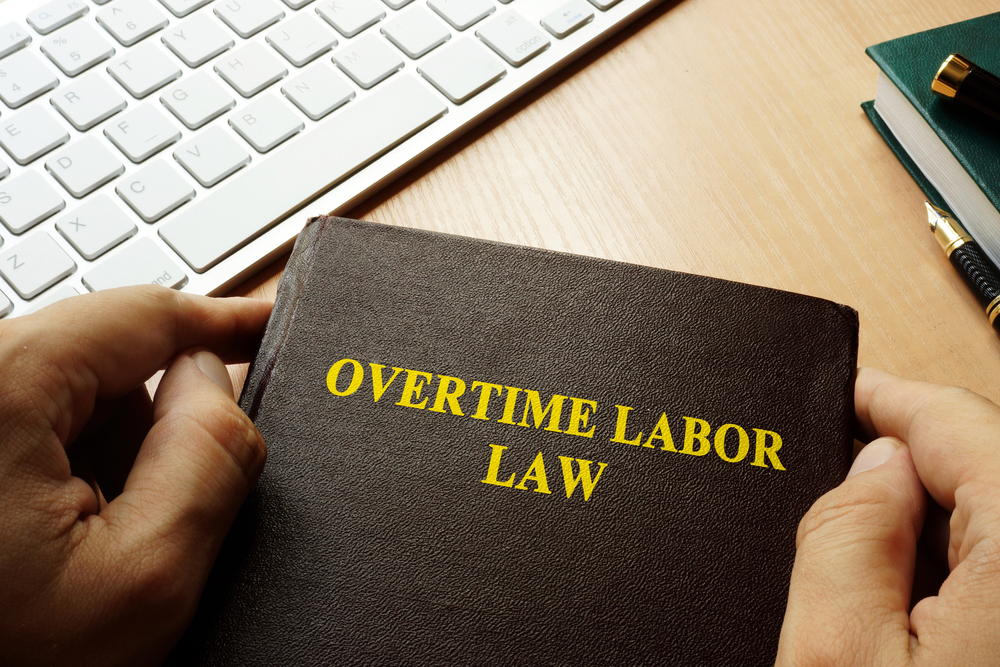The U.S. Department of Labor (DOL) has announced a new rule that potentially could allow more employers to take advantage of the overtime exemption allowed for certain employees who are paid on commission.
The DOL’s Wage and Hour Division (WHD) announced the new rule on May 18, calling it a way to provide greater simplicity and flexibility to retail industry employers.
The Fair Labor Standards Act (FLSA) allows employers in retail and service industries to exempt from overtime certain employees who are paid primarily on commission. The new rule—by withdrawing two provisions from the WHD regulations—opens that exemption for more employers.
One of the withdrawn provisions listed industries the DOL previously viewed as having “no retail concept,” which made them ineligible to claim the exemption. The other withdrawn provision listed industries that, in the DOL’s view, “may be recognized as retail” and were potentially eligible for the exemption.
By withdrawing those two lists, establishments in industries that had been on the nonretail list may now assert they have a retail concept and—if they meet the existing definition of retail and other criteria—may now qualify for the exemption, the DOL’s announcement says.
Impact on Employers
Devra Hake, an attorney with Holland & Hart LLP in Denver, Colorado, says the change allows businesses in industries that were categorically excluded from claiming the exemption to now assert they have a “retail concept” and are therefore eligible to take advantage of the exemption. Some of those industries include dry cleaners, tax preparers, laundries, travel agencies, and roofing companies. Hake says the change means all employers’ statements that they have a retail concept will now be evaluated consistently.
Hake says she expects the change to mean more employers will begin paying more employees on commission. “The change means that more employees will be eligible for the exemption, and the exemption gives both employees and employers added flexibility,” she says. “I expect to see more employers take advantage of that flexibility and pay their employees on commission.”
Tareen Zafrullah, an attorney with Faegre Drinker Biddle & Reath LLP in Indianapolis, Indiana, says under the new rule, whether an employer is a retail or service establishment will depend on the regulations that remain now that the two provisions have been withdrawn. If an employer satisfies the remaining regulations, it will constitute a retail or service establishment regardless of whether it was listed in the withdrawn provisions, which were 29 CFR 779.317 and 29 CFR 779.320.
As far as what industries can be considered retail or service industries, the regulation states that such establishments typically sell goods or services to the general public and serve the everyday needs of the community. They are at the end of the distribution process and don’t take part in the manufacturing process.
Zafrullah says it’s possible the rule change will mean more employers will begin paying more employees on commission, but to qualify for the exemption, an employee must still satisfy the remaining requirements in the regulations.
“If it makes sense to start paying an employee on commission so that the employee qualifies for the exemption, the employer could choose to do so,” Zafrullah says. “The employer should evaluate whether the advantages of no longer paying overtime compensation would outweigh the disadvantages of complying with the requirements of the exemption (such as paying commissions).”
Zafrullah also points out the exemption is an exemption from overtime but not minimum wage. “The employee must accurately record and report all hours worked,” he says.
The exemption applies to an employee who satisfies three requirements:
- The employee is employed by a retail or service establishment;
- The employee’s regular rate of pay exceeds 1.5 times the minimum wage; and
- More than half of the employee’s compensation for a representative period (not less than one month) consists of commissions on goods or services.
Effective Immediately
The new rule was issued without notice and comment and takes effect immediately. Zafrullah and Hake say that’s not unusual because interpretive rules, as opposed to legislative rules, don’t have to use the notice-and-comment procedure.
Tammy Binford writes and edits news alerts and newsletter articles on labor and employment law topics for BLR web and print publications.

